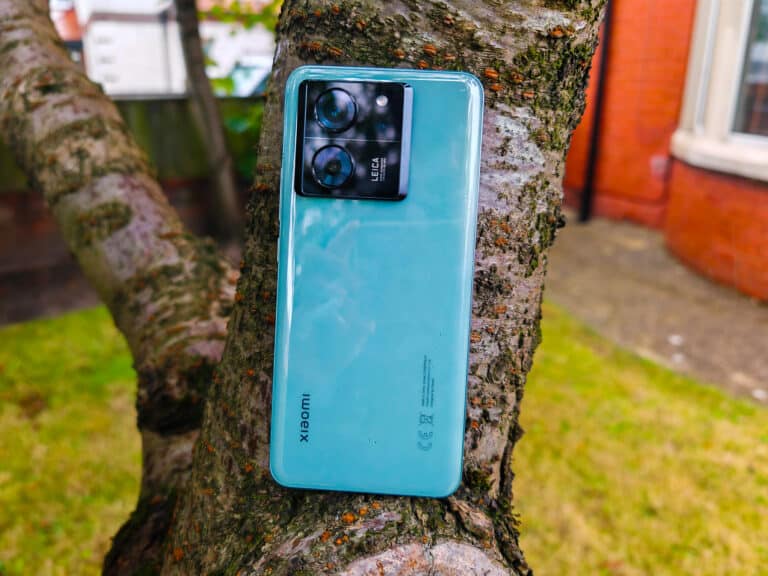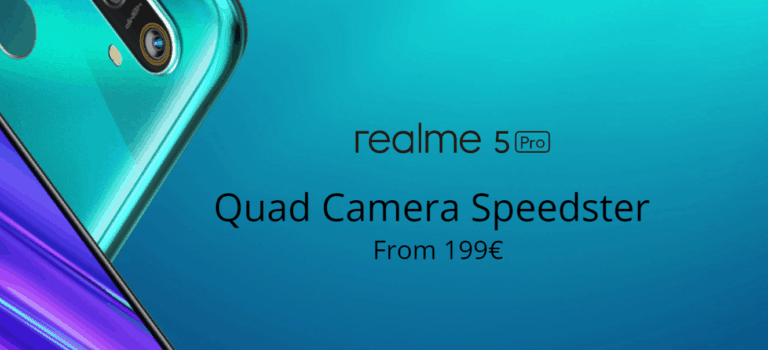Any links to online stores should be assumed to be affiliates. The company or PR agency provides all or most review samples. They have no control over my content, and I provide my honest opinion.
Later on today, Google will announce the new Pixel 7 series, which will feature the second generation custom-built Google Tensor G2.
Last year, the Google Tensor was launched with mixed opinions. It was built on the same Samsung fabrication process as the Qualcomm Snapdragon 888 and was the only chipset to feature two Arm Cortex-X1 performs cores. Oddly, they then paired that up with the dated Arm Cortex-A76.
It then had an impressively specced GPU with the Arm Mali G78MP20.
Unfortunately, the Samsung fabrication wasn’t very good for efficiency, and that massive GPU made the Google Tensor the worst chipset on the market for thermal throttling. For gaming benchmarks, peak performance easily outclassed the Snapdragon 888, but this was short-lived, and it would quickly throttle down to below the SD888 performance.
This year, Google are in a poor position compared to the competition. Qualcomm has launched the upgraded Snapdragon 8+ Gen 1, which switches from the Samsung fabrication process to TSMC and massively improves efficiency and reduces thermal throttling.
Mediatek is also nipping at everyone’s heels. The upper mid-range MediaTek Dimensity 8100 has similar performance to the Snapdragon 888 without suffering from the same thermal throttling, thanks to the TSMC fabrication process. They even have the MediaTek Dimensity 9000, but there are not really any phones using this in the UK/EU.
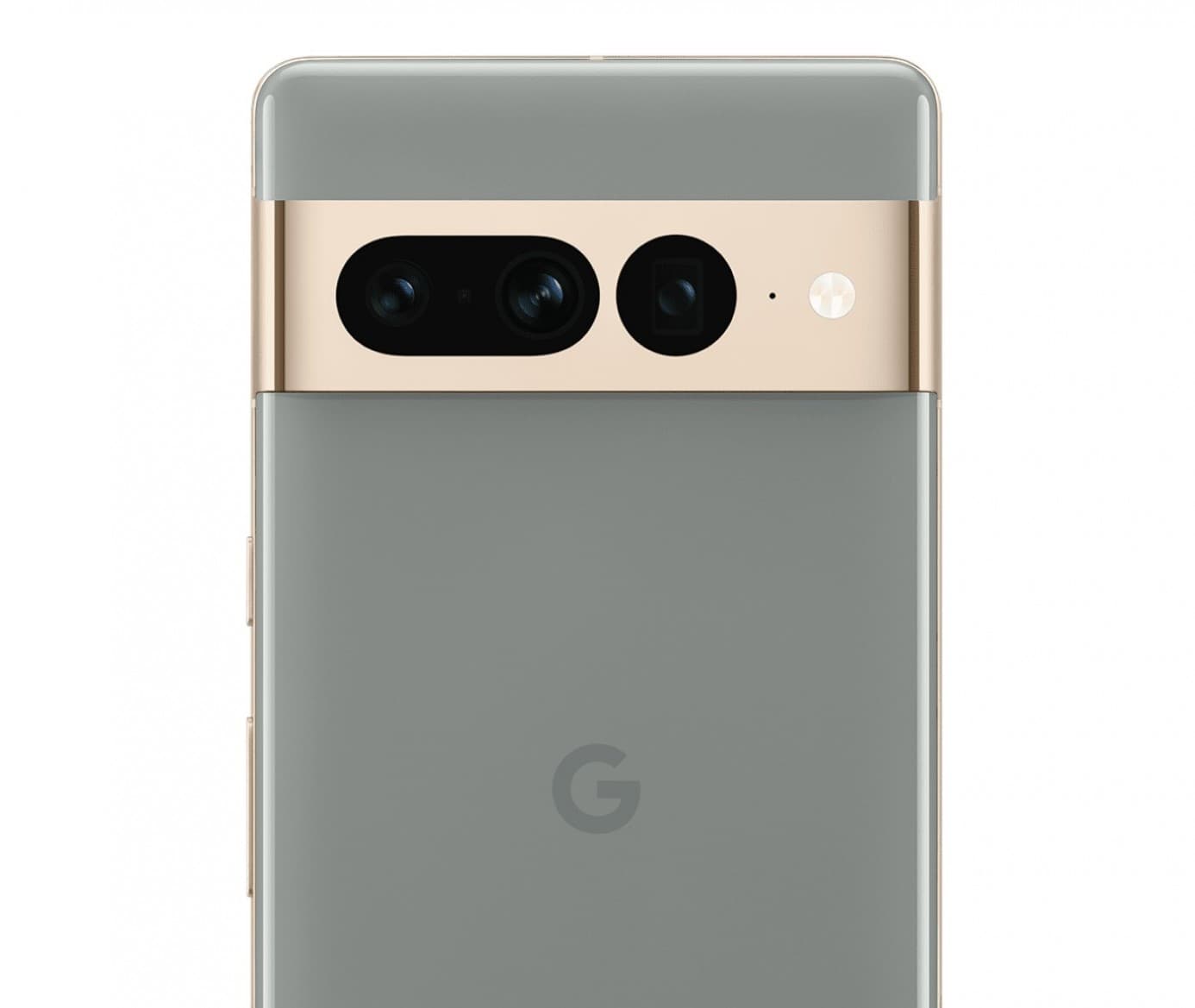
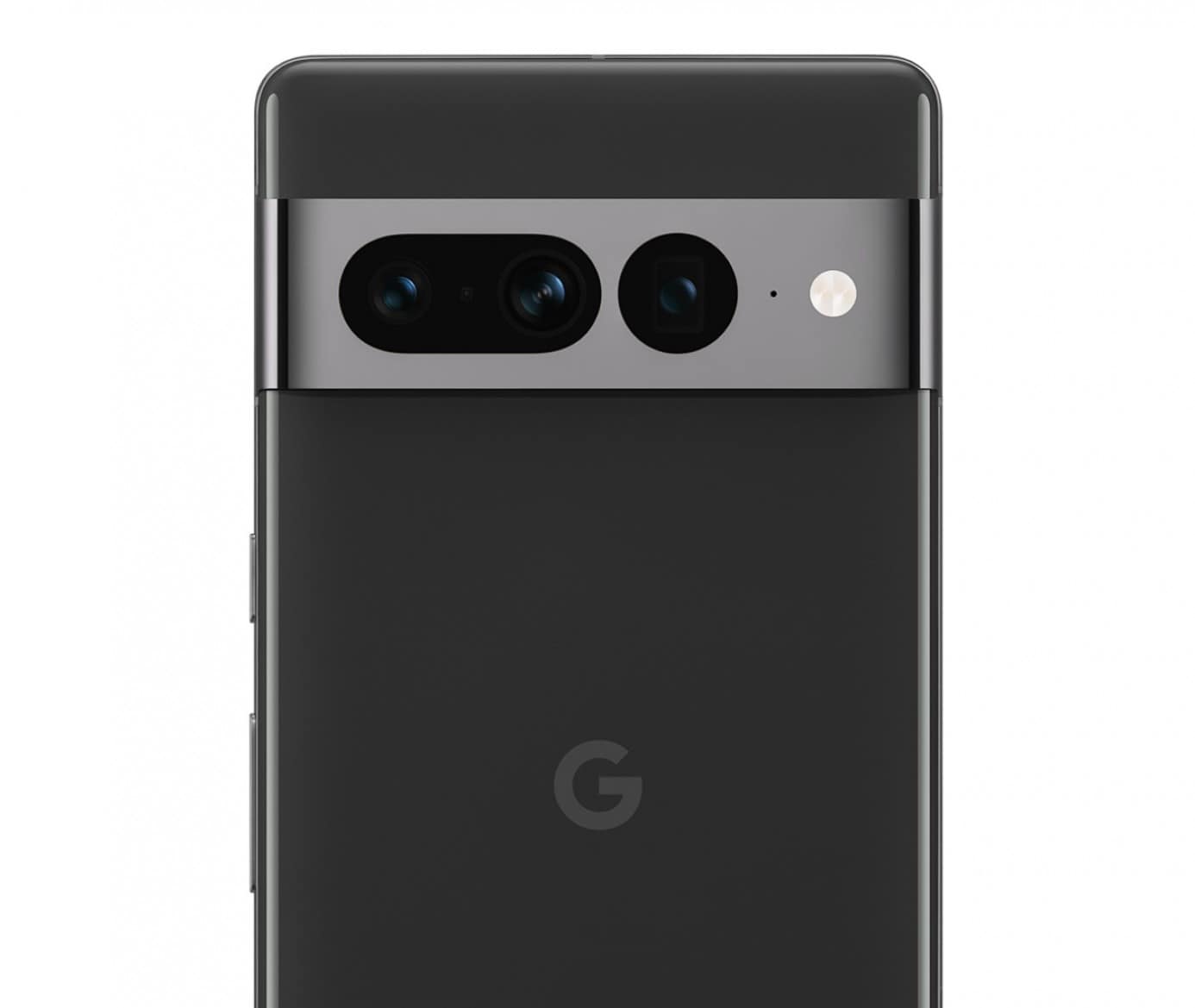
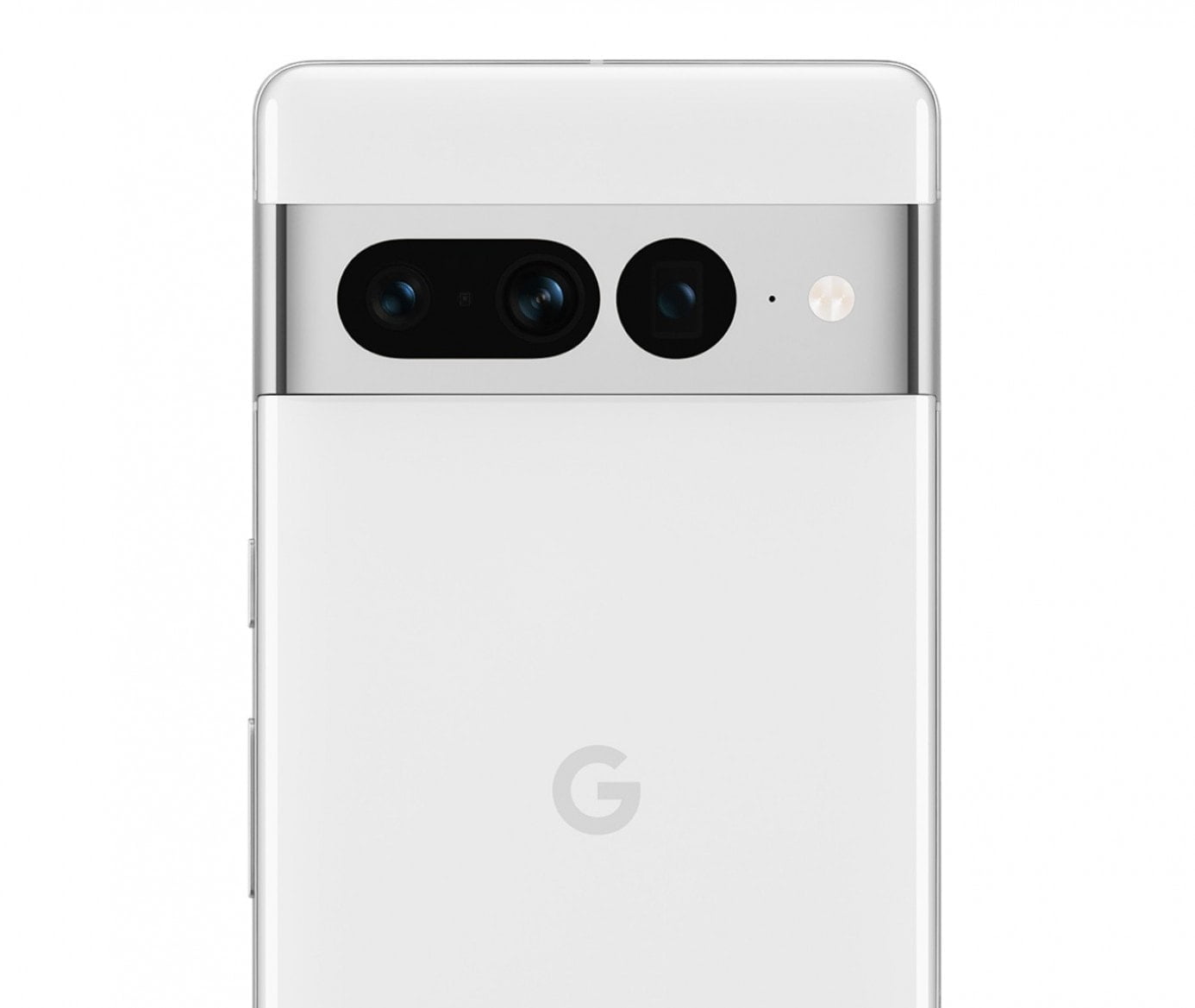
Google Tensor G2 Chipset Specification on the Google Pixel 7 Pro
The new Tensor G2 hasn’t been officially announced at the time of writing, but leaks have revealed what the expected specification is, and some benchmarks have come out.
The Tensor G2 will maintain the 2+2+4 CPU core configuration using the same core architecture of X1, A76 and A55.
It is believed that it is manufactured on Samsung’s 4nm process, which is the same as the Snapdragon 8 Gen 1 that launched at the start of the year. This smaller fabrication process has allowed Google to raise the X1 frequencies by 50MHz to 2.85GHz and the A76 cores by 100MHz to 2.35GHz.
The main upgrade will be from the GPU. It is rumoured this will ditch the Mali-G78 MP20 GPU in favour of the Mali-G710 that is used on the Dimensity 9000. According to ARM, this should be 20% faster while being 20% more efficient as well as a 35% boost in machine learning.
Google are perhaps more interested in pushing the AI and imaging performance with their chipsets, seeing as that’s the two big areas of their business. The original Tensor scored the highest AI benchmarks of any chipset by far, and it is expected that the custom Tensor Processing Unit (TPU) and the ISP could be significantly upgraded.
Google Pixel 7 Pro vs 6 Pro Benchmarks – Tensor G2 vs Tensor
We have had a couple of early leaks with Antutu and Geekbench, providing some idea of the performance improvement from the previous generation.
For the comparison, I have used my own personal benchmarks, which I ran last year on the Google Pixel 6 Pro.
- Antutu V9
- Google Pixel 7 Pro with Tensor G2: 801116
- Google Pixel 6 Pro with Tensor: 652933
- Geekbench – Single / Multi Core
- Google Pixel 7 Pro with Tensor G2: 1068 / 3149
- Google Pixel 6 Pro with Tensor: 1042 / 2957
Those results appear to match up with what the specification suggests. There has been a fractional improvement with the CPU with just a 2.5% uplift on single core performance and a 6.5% improvement with the multi-core.
Antutu has seen a massive jump of 22.7%, and this is likely thanks to the GPU.
These results are still well behind Qualcomm.
The Qualcomm Snapdragon 8 Gen 1 on the Honor Magic 4 Pro achieved an Antutu result of 974703, which is 21.6% ahead of the Tensor G2.
The MediaTek Dimensity 8100 on the Realme GT Neo 3 managed 799300, which is only 0.22% behind the Tensor G2, but this is not even the flagship chipset from MediaTek.
Overall
Benchmarks only provide the most basic glimpse of a phone’s performance, so I am not too concerned about the Tensor G2 not being the best of the best.
Phone chipsets are so powerful nowadays I doubt most people use the full performance of the CPU and GPU, and this is likely why we are seeing companies like Google focus more on imaging and AI.
Power efficiency and thermal throttling are far more important to me than peak performance, and the original Google Tensor wasn’t particularly great for that. I have the Pixel 6 as my main phone, and I can’t say I have experienced any issues because of this, but most of my usage is quite light.

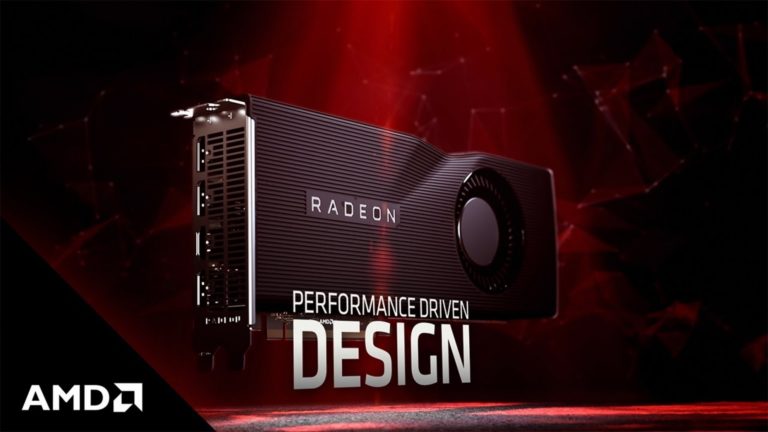


![ADO D30C How to fix no power and exclamation mark error on an e-bike [ADO D30C]](https://mightygadget.co.uk/wp-content/uploads/2022/03/ADO-D30C-768x576.jpg)
